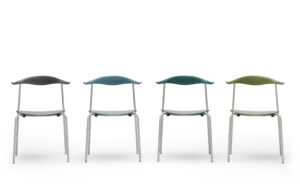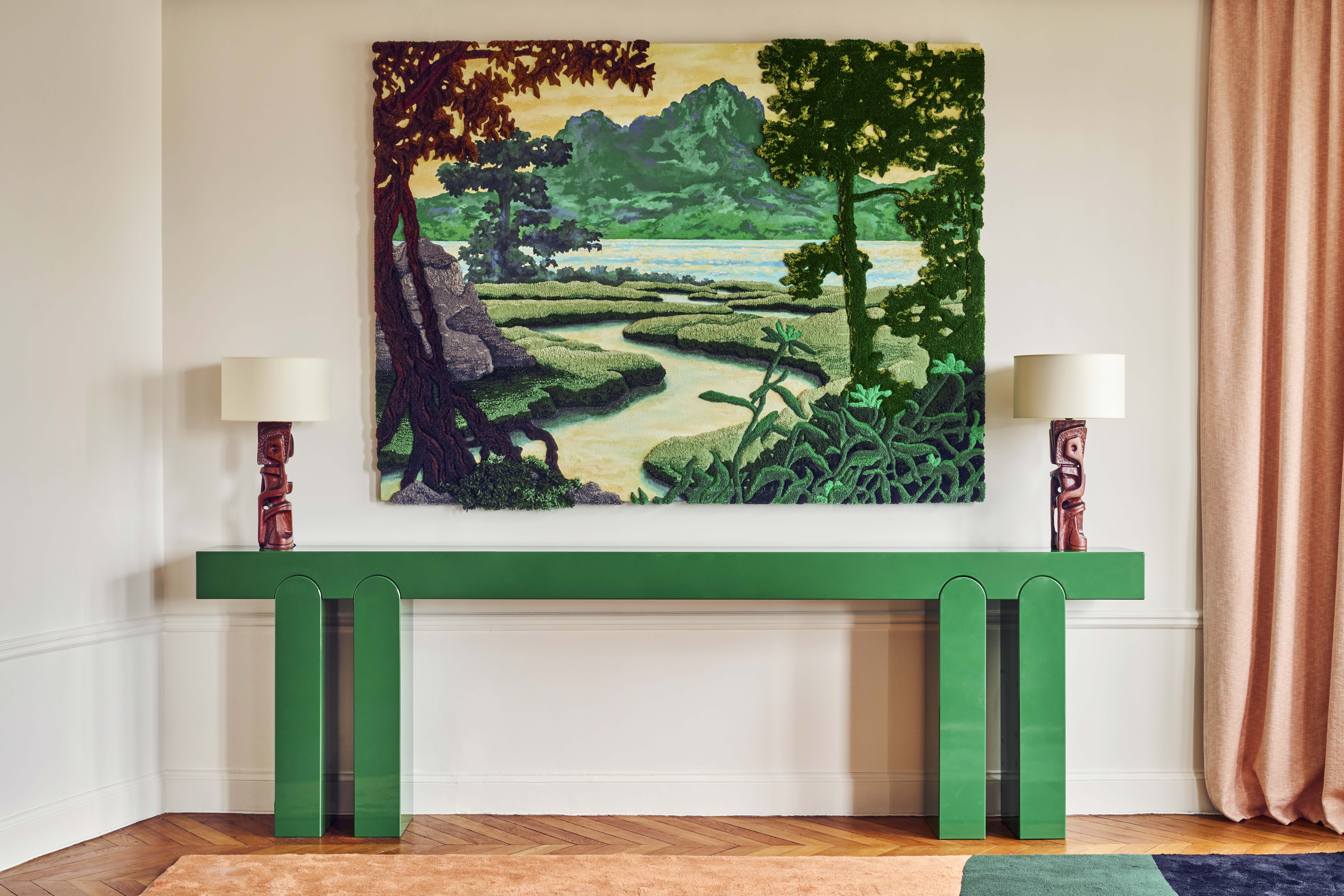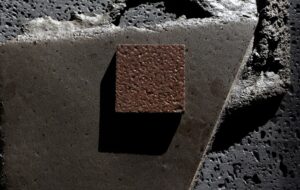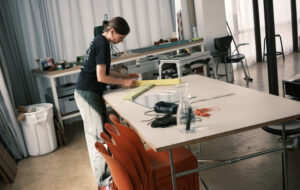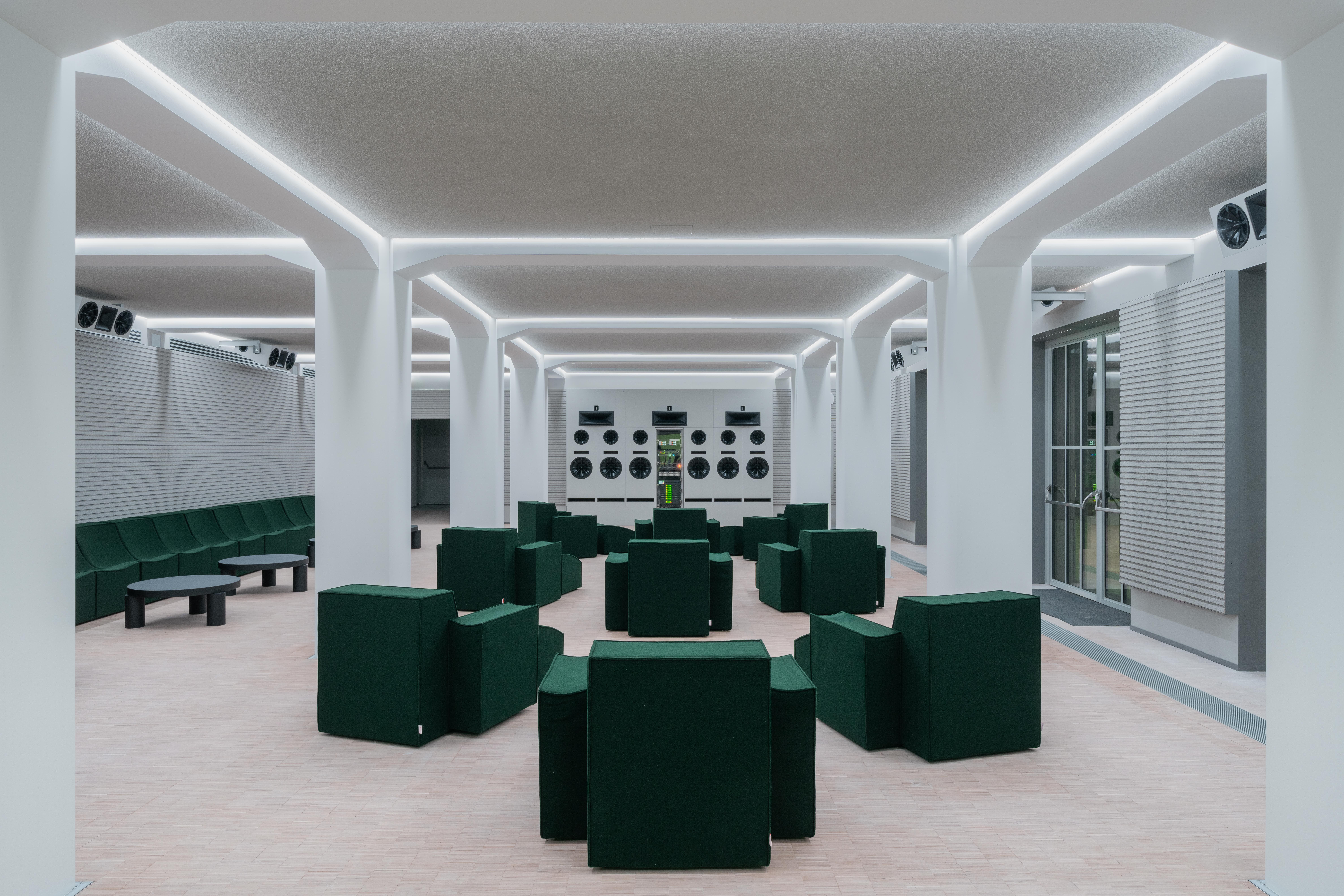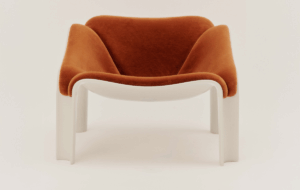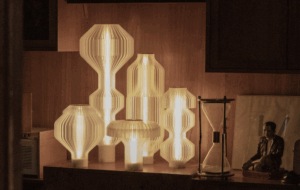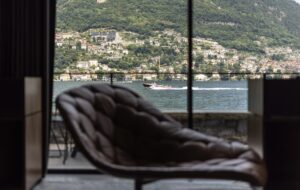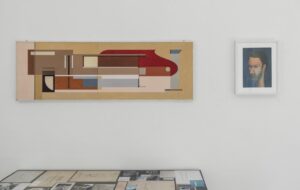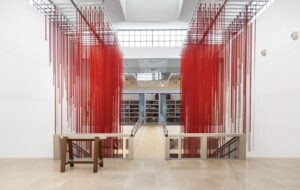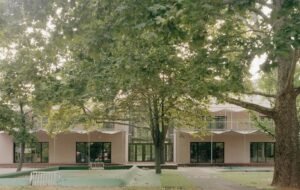

 words Beatrice Galilee
words Beatrice Galilee
Urban Think Tank is a group of architects and researchers based in Caracas and New York. The practice spoke to icon about “urban acupuncture” in the slums of developing-world cities, and the exhibition it curated for the Rotterdam biennale.
The modernist idea of planning a city is no longer a valid concept. The disparity between the developed and the developing worlds is now so great, and the sprawl of poverty so large, that the question of the slum conditions of cities such as Lagos, Caracas, São Paulo and Rio de Janeiro is no longer subtle – it’s huge.
We began to look at this question quite informally in 1993, when Hubert Klumpner came to Venezuela to visit after we had both graduated from Columbia University. We became very interested in the shanty towns and barrios of Caracas, and almost naively, wanted to understand the way they work. We started taking trips into these informal cities and talking to people who lived there. Hubert stayed in Venezuela and we created Urban Think Tank as an NGO for thinking about the city.
We work with communities and their leaders testing and solving particular problems in Caracas to arrive at a more general principle applicable to the sprawling city worldwide. We describe our work as “urban acupuncture”. We create pressure points – identifiable centres that will then generate a nucleus of development, which will connect with the next nucleus and the next and the next.
We observe the city, learn from it and then produce the infrastructure. The Growing House is a concrete skeleton structure with running water that people inhabit informally, but is able to grow and be built upon. The Vertical Gym, a structure set on existing sport fields, has basketball courts, a swimming pool and gym over four levels. In its first year the installation attracted a monthly average of 15,000 visitors, and the crime rate in the area dropped by 35 per cent over two years.
In April this year, it was announced that our idea of bringing cable-cars into one section of the city of Caracas will be realised. In less than two years there will be five thematic cable-car stations, each open to specialist areas of health, education, sports, telecommunication and culture. The consequences of this are huge – it will transform the hillside shanty towns. We call it an urban survival system for these informal areas that are in urgent need of an affordable solution.The funding is in place and we are doing the first prototype in the next three months.
We think that only through landscape and infrastructure will people invest in cities and architecture. This is one of the important themes we will be discussing at this year’s Rotterdam biennale. We are curating the Informal City exhibition, showing documentaries on three important architects around the world: Teddy Cruz from San Diego, José Castillo from Mexico and Fernando de Mello from São Paulo.
Where the Venice biennale was an analysis of cities, with a lot of statistics, Rotterdam will be about theories around cities.
Our ambitions are huge. We think there should be Urban Think Tanks all over the world – we want to be a non-university university, reach out to schools of architecture and give them our office space. We want them to send students to us so we can show them the realities of the informal city – we want to link the first and third worlds. We also want to see massive investment, in the way that governments invested in computers for informal cities, and we want to see these changes in our lifetime. Everybody says we have ten years to reverse climate change – we think the same way about these cities of sprawl.”

